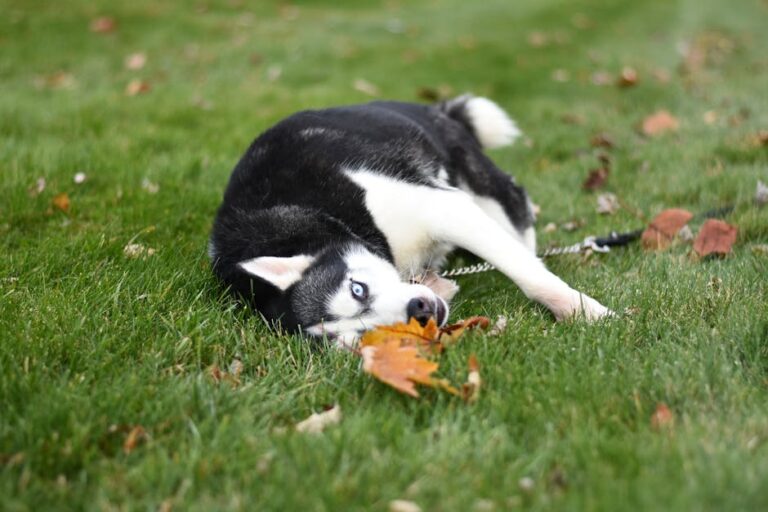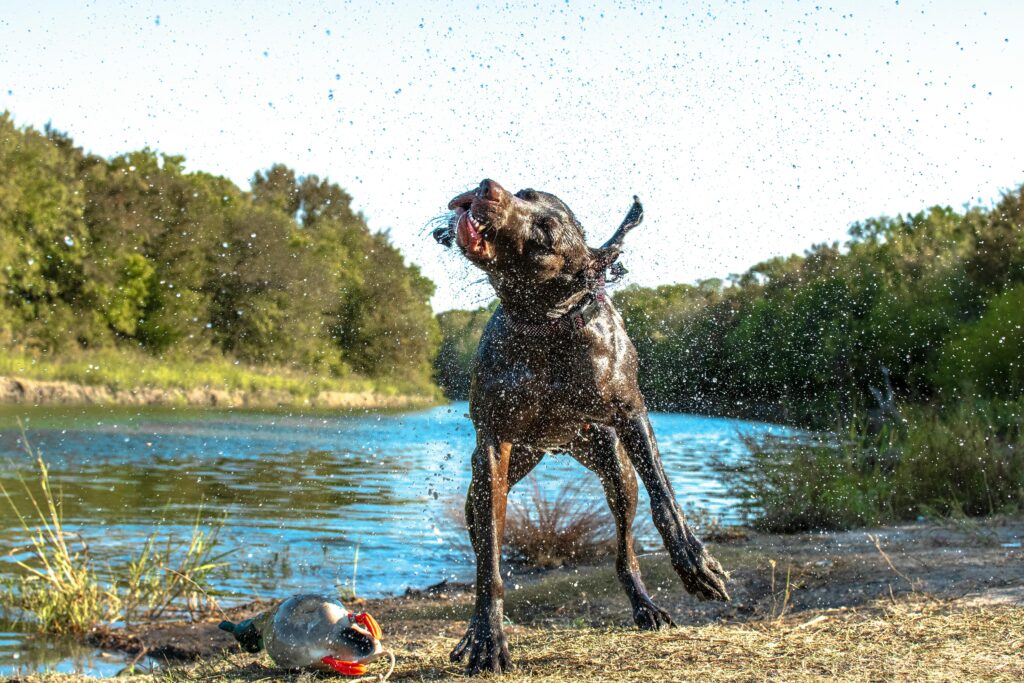What You Need to Know About Bird Flu
The avian influenza virus, commonly known as “bird flu,” has been a concern for wildlife and poultry for decades. However, recent developments in the virus’s evolution have raised alarms about its potential impact on domestic animals, including dogs. Having a trained pup is essential, especially if you find yourself in a situation where you need your pup to “leave it” or “come” when called! Understanding the risks, symptoms, and preventive measures can help keep your furry friends safe.
Understanding Avian Influenza

Avian influenza primarily affects birds, but certain strains can infect mammals, including dogs. The latest highly pathogenic strain, which emerged in 2021-2022, has shown increased virulence and mortality rates. While the risk of transmission to dogs remains relatively low, it is essential to be aware of the potential threats and take appropriate precautions.
Symptoms to Watch For
If your dog has been exposed to environments where infected birds are present, such as parks or areas with wild bird populations, keep an eye out for the following symptoms:
1. **Respiratory Issues**: Coughing, sneezing, nasal discharge, or difficulty breathing.
2. **Gastrointestinal Distress**: Vomiting, diarrhea, or loss of appetite.
3. **Neurological Signs**: Disorientation, seizures, or changes in behavior.
4. **Fever**: Elevated body temperature, lethargy, or weakness.
If you notice any of these symptoms, especially after potential exposure to infected birds, contact your veterinarian immediately.
How Dogs Can Be Exposed
- – **Direct Contact**: Interacting with infected birds or their droppings.
- – **Contaminated Environments**: Walking in areas where infected birds have been present.
- – **Human Transmission**: Humans who have been in contact with infected birds can inadvertently transfer the virus to their pets.
Preventive Measures
To minimize the risk of avian influenza affecting your dog, consider the following preventive strategies:
1. **Avoid Contact with Wild Birds**: Keep your dog on a leash in areas where wild birds are present, and discourage them from sniffing or interacting with bird droppings.
2. **Stay Informed**: Monitor local news and veterinary advisories regarding avian influenza outbreaks in your area.
3. **Limit Exposure to Bird Markets**: Avoid taking your dog to places where live birds are sold or displayed.
4. **Practice Good Hygiene**: Wash your hands thoroughly after handling birds or cleaning up after your dog in areas frequented by birds.
5. **Vaccination**: While there is currently no vaccine specifically for avian influenza in dogs, ensure your dog is up to date on all routine vaccinations to bolster their overall health.
6. **Consult Your Veterinarian**: If you have concerns about avian influenza or your dog’s health, consult your veterinarian for personalized advice and recommendations.
While the risk of avian influenza affecting dogs is currently low, it is essential to remain vigilant and informed. By understanding the symptoms, potential exposure routes, and preventive measures, you can help protect your dog from this evolving threat. Always consult your veterinarian if you have any concerns or notice any unusual symptoms in your pet. Staying proactive and informed is key to ensuring the health and safety of your furry companions in the face of emerging infectious diseases. Remember, prevention is always better than cure, and taking simple steps can make a significant difference in safeguarding your dog’s well-being.

FAQs on Bird Flu and Dogs
Here are some common questions about bird flu and your pets. We aim to provide clear answers to keep you informed.
Yes, dogs can get the virus if they eat infected birds, but it’s quite rare. It’s a good idea to keep your dog away from wild birds and their remains to be safe.
If your dog shows any signs of respiratory or neurological issues, contact your vet right away for proper guidance and care.
To protect your dog, limit outdoor time where wild birds might gather and follow local health alerts about bird flu.
There isn’t a specific vaccine for bird flu in dogs at this time. It’s important to maintain their regular vaccinations and check with your vet for health advice.
If you think your dog has been near infected birds, keep an eye out for any symptoms. If anything seems off, call your vet right away.
Got more questions on pet health?
It’s important to stay informed about your pet’s health. Here at SMPPETS.CLUB, we recommend reaching out to us with your questions or concerns, or checking out our resources for more info.


